Sri Lankan journalists have strongly condemned the government’s recent decision to restrict access to weekly Cabinet media briefings only to those carrying official accreditation issued by the Government Information Department, calling the move a serious threat to press freedom and democratic values.
The Web Journalists Association, in a statement released this week, criticised the decision as a direct infringement on media freedom and the public’s right to information. The group urged the government and the Government Information Department to immediately withdraw the requirement, warning that such restrictions undermine the transparency expected in a democratic society.
“All media and all journalists should be allowed to take part in the cabinet media briefing,” the association said, pointing to broader concerns about government overreach and control over independent reporting.
Echoing similar concerns, the Sri Lanka Working Journalists Association (SLWJA) issued a sharply worded statement on April 30, condemning the decision as a “despicable attempt to suppress media freedom” and likening the move to tactics used by past authoritarian regimes.
The SLWJA was responding to recent remarks by Minister of Media Dr Nalinda Jayatissa, who announced that only journalists in possession of identity cards issued by the Government Information Department would be permitted to attend Cabinet briefings. The association interpreted the minister’s comments as an official declaration of government policy and accused the administration of trying to create a pool of compliant media personnel.
“Press freedom cannot coexist with a system that forces journalists to carry Government-sanctioned identification to do their jobs,” the SLWJA said. It stressed that media accreditation must be managed by an independent body to safeguard editorial independence and ensure journalists can question public officials without fear or favour.
The association has called on civil society, media organisations, and the general public to resist what it described as an effort to “tame journalism and impose State power on the profession”.
The Ministry of Mass Media is yet to issue a public response or provide further clarification on the implementation of the accreditation requirement.
The latest developments have also raised fresh concerns about the erosion of press freedom in Sri Lanka, with media watchdogs warning that any attempt to centralise control over journalistic access to public information could have long-lasting consequences for accountability and transparency.
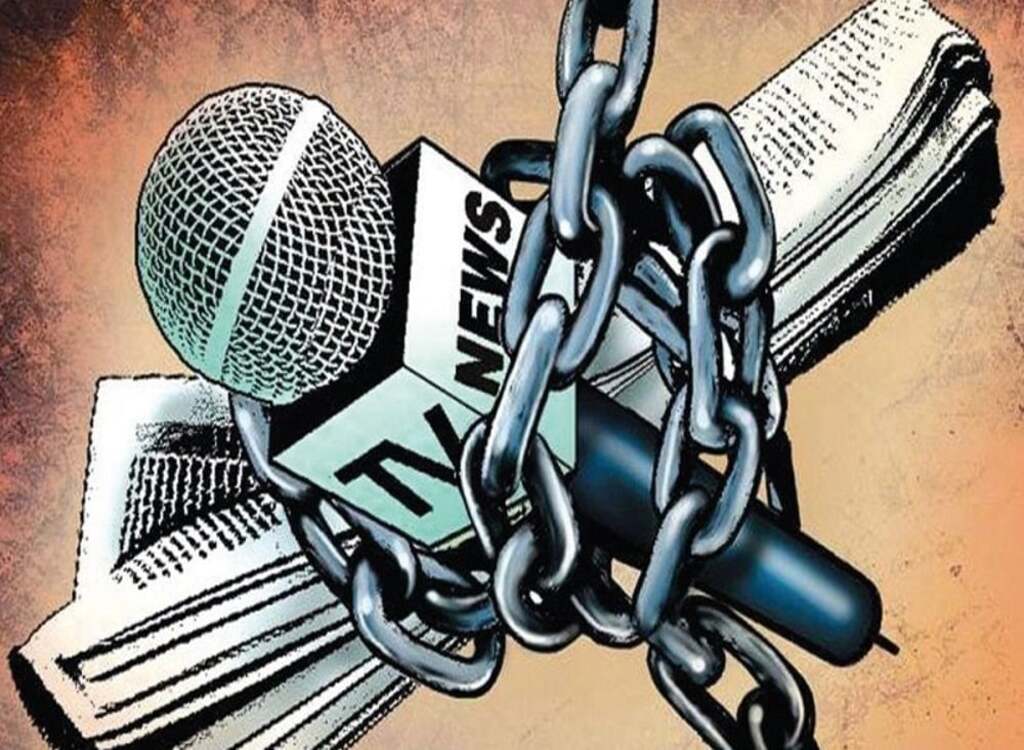
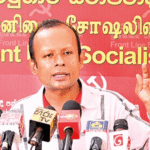
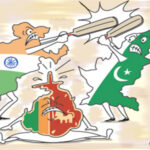





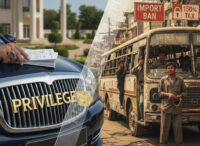

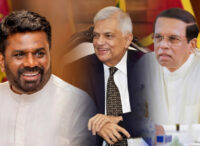
Leave a comment